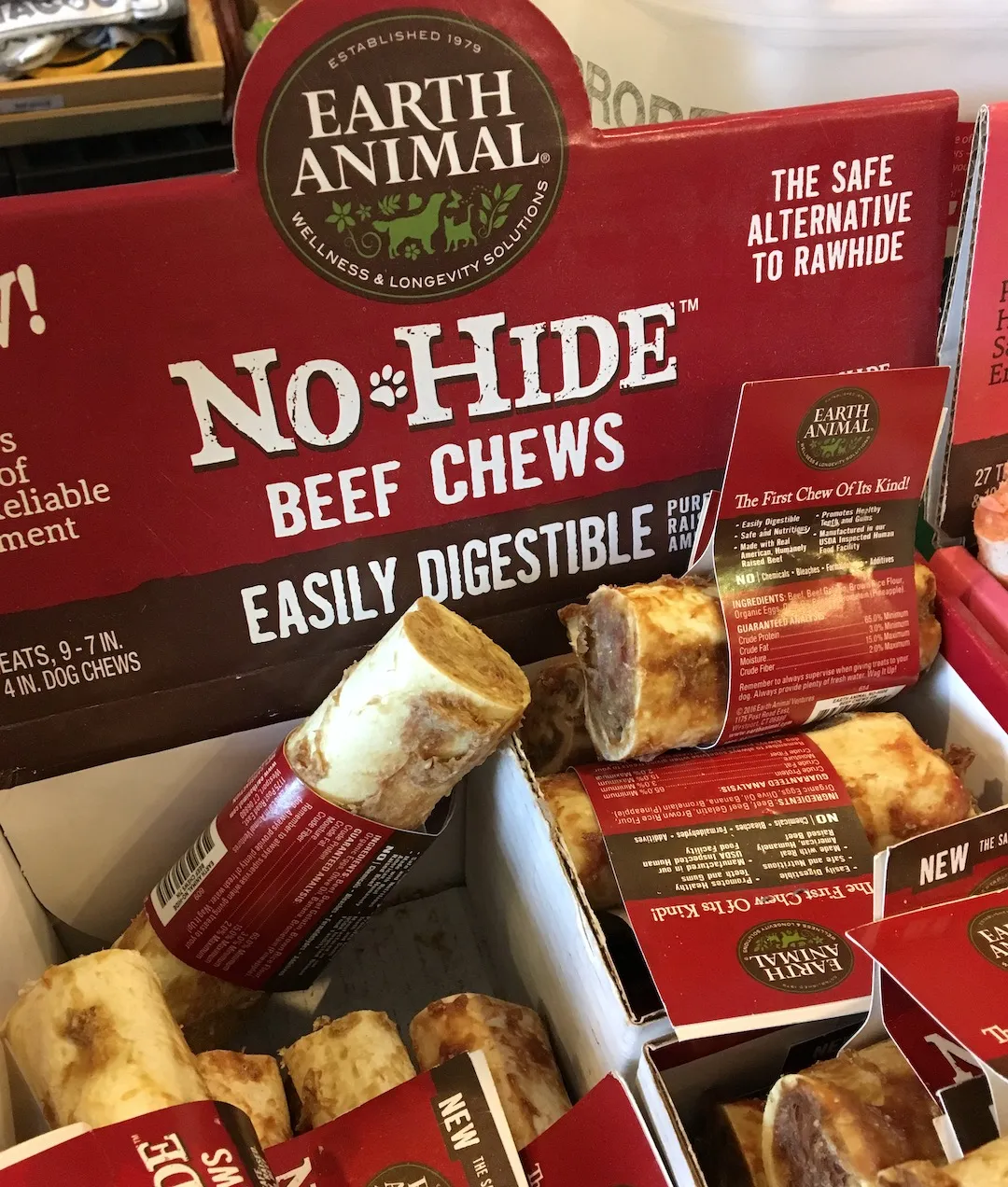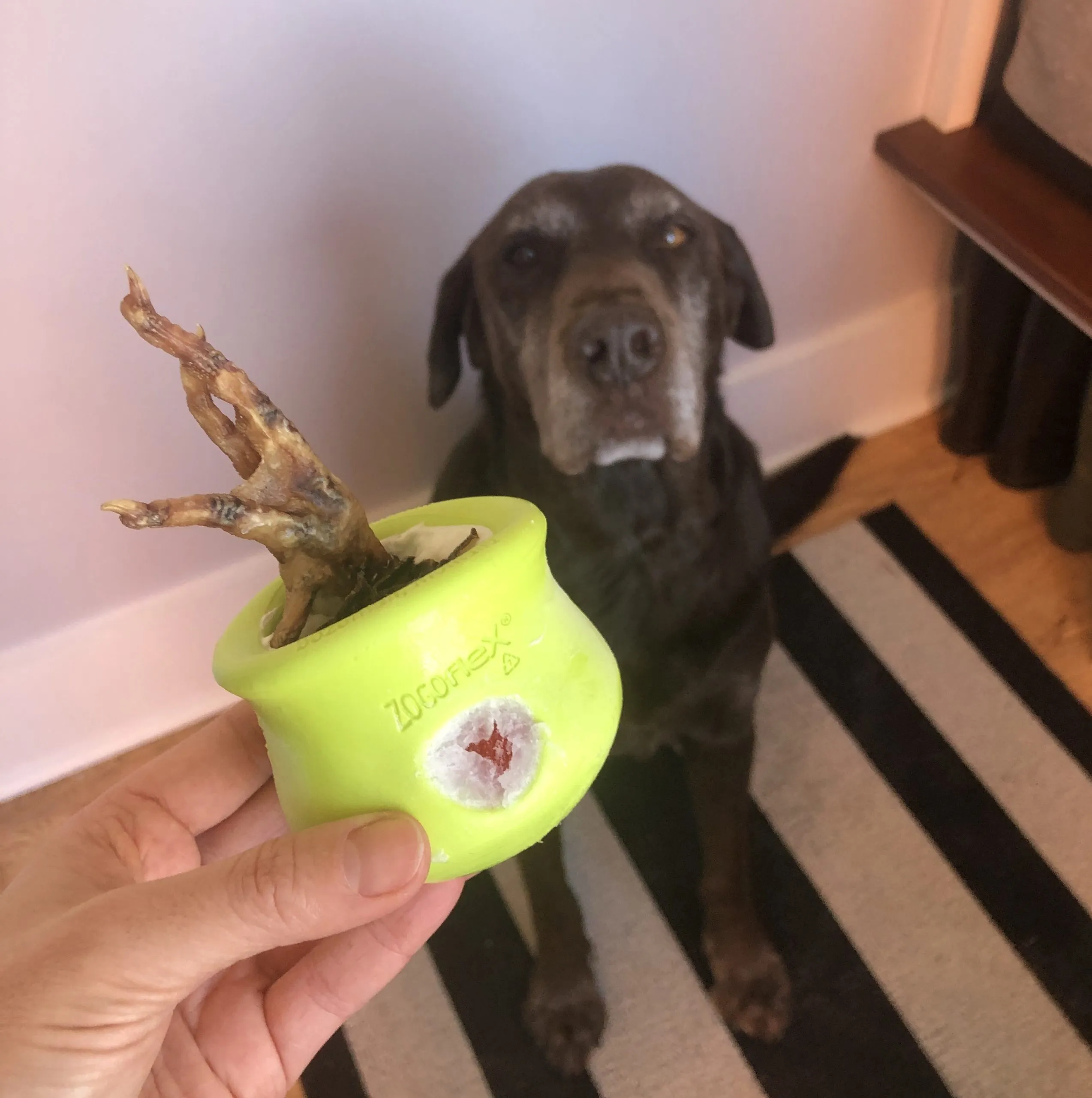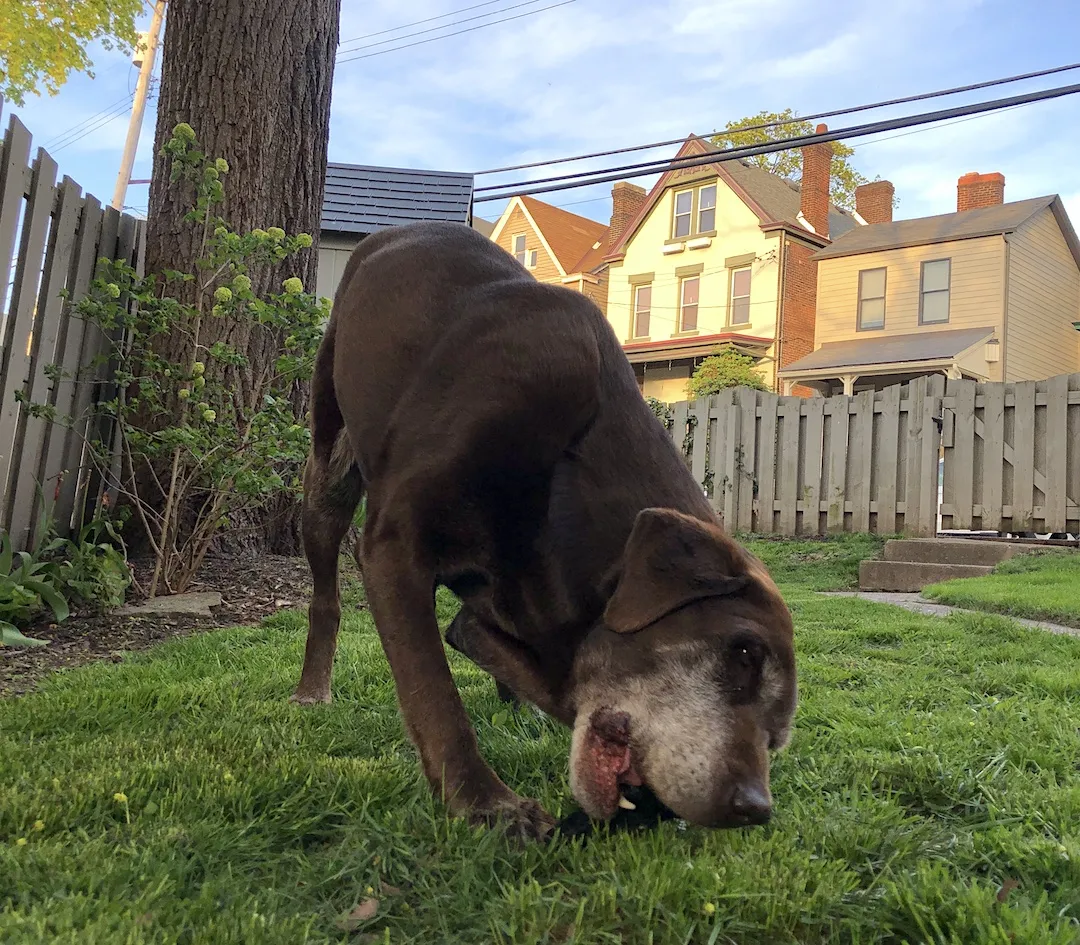For dog owners with a canine companion who possesses an insatiable urge to chew, finding appropriate and durable options can feel like an endless quest. Aggressive chewers require more than just a temporary distraction; they need engaging, safe, and long-lasting chews that satisfy their primal instincts while promoting good health. This guide delves into the world of long-lasting chews specifically designed for aggressive chewers, focusing on natural, beneficial, and engaging choices that will keep your furry friend happy and occupied.
The Power of Chewing for Your Dog
Chewing is a natural and essential behavior for dogs, serving multiple purposes beyond simple enjoyment. For aggressive chewers, it’s a way to self-soothe, manage anxiety, and expend pent-up energy. The act of chewing releases endorphins, which have a calming effect on dogs, helping them relax and de-stress. Furthermore, regular chewing is crucial for maintaining oral hygiene. It stimulates saliva production, which naturally cleanses the mouth and helps to dislodge food particles and reduce plaque buildup.
When selecting chews for dogs with a vigorous chewing style, durability is paramount. However, it’s equally important to ensure that the chew is not excessively hard, as this could lead to chipped or broken teeth. This is where natural chews, when chosen wisely, offer a superior alternative to synthetic toys.
 Dog enjoying a natural chew
Dog enjoying a natural chew
What Constitutes a Safe and Beneficial Natural Chew?
Natural chews are typically derived from animal products and are often single-ingredient, making them highly digestible and less likely to cause adverse reactions. Unlike many synthetic chew toys, which can break into sharp pieces or remain undigested in the stomach, natural chews are designed to be consumed safely, providing valuable nutrients in the process.
These beneficial chews can be a rich source of essential elements like calcium and protein, as well as compounds such as chondroitin, which supports joint health. They offer a deeply satisfying chewing experience that mimics natural behaviors, catering to the powerful jaw muscles of aggressive chewers.
For an even more enriching experience, consider combining natural chews with chew toys for aggressive puppy chewers or best toys for dogs who chew through everything. Stuffing a natural chew inside a durable, rubbery enrichment toy can transform it into a challenging puzzle, extending the chewing time and increasing mental engagement. This dual approach ensures your dog is not only physically stimulated but also mentally challenged, leading to a happier and more content pet.
Understanding Your Dog’s Chewing Style
Before diving into specific chew recommendations, it’s helpful to consider your dog’s individual chewing habits. Do they power through chews rapidly and aggressively, or do they savor their treats, carefully working on them over an extended period? For instance, a dog like Burt, who is an aggressive chewer, will benefit from exceptionally durable options, while a more methodical chewer like Lucy might enjoy a wider variety of textures and durations. This understanding will help you choose the most appropriate long-lasting chews for your dog’s needs.
Top Natural Chew Recommendations for Aggressive Chewers
Finding the right long-lasting chews is crucial for keeping your aggressive chewer engaged and satisfied. Here are some of the best options available, focusing on quality, safety, and nutritional benefits:
Earth Animal No-Hide Chews
A highly recommended alternative to traditional rawhide, Earth Animal No-Hide Chews are crafted from all-natural ingredients. They provide the satisfying chew experience of rawhide without the associated risks. These chews are free from bleach, synthetics, and preservatives, making them a safer choice. Available in various flavors and sizes, they cater to different dog preferences and are a good starting point for those concerned about rawhide.
 Earth Animal No-Hide Chews
Earth Animal No-Hide Chews
Bully Sticks
Bully sticks, also known as beef pizzle, are a popular, single-ingredient, and highly digestible chew. They offer a long-lasting chewing experience that most dogs thoroughly enjoy. It’s essential to supervise your dog while they chew bully sticks and to remove them once they become small enough to be a choking hazard. Using a bully stick holder can significantly enhance safety by preventing your dog from swallowing small, dangerous pieces.
Etta Says Beef Sticks
For those who might be hesitant about the origin of bully sticks, Etta Says offers excellent beef sticks made from all-natural, USA-sourced ingredients. These come in various formats, including long sticks that can be broken down for extended chewing sessions or a “Deluxe Chew” made from different protein sources for even greater longevity. Their Munch-Meter scale helps you select the right chew based on your dog’s chewing intensity.
Yak Milk Chews
Himalayan yak milk chews are a unique and durable option for aggressive chewers. Made with just yak milk, salt, and lime, these dried cheese chews soften as your dog chews, providing a satisfying texture. When they get small, they can even be microwaved to puff up into a cheese puff. For maximum longevity, consider stuffing these into a rubber enrichment toy.
Dental Chews
Beyond providing chewing satisfaction, certain chews are specifically designed to promote dental health. Chews like Whimzees and Missing Link Smart Mouth are made with natural ingredients and feature shapes or textures that help clean teeth and gums. Whimzees, in particular, come in various sizes, including toothbrush-shaped chews that are great for aggressive chewers and even smaller puppy-friendly options.
Dried Fish Skin
Dried fish skin chews are a lean protein source packed with omega-3 and omega-6 fatty acids, beneficial for your dog’s coat, joints, and heart health. They are surprisingly tough and become more leathery as they are chewed, rather than breaking into small pieces. Rolled or braided fish skin varieties tend to be the longest-lasting. While they can have a distinct aroma, the health benefits are significant.
Dried Chicken or Duck Feet
For a more adventurous yet highly beneficial chew, consider dried chicken or duck feet. These single-ingredient chews are a good source of glucosamine and chondroitin, supporting joint health. They are excellent for stuffing into interactive toys like the HOL-ee Roller or frozen Toppl to increase the challenge and prolong chewing time. Brands like Farm Hounds prioritize high-quality, ethically sourced ingredients.
 Dried chicken feet in a West Paw Toppl
Dried chicken feet in a West Paw Toppl
Rolled Beef Hide (with Fur)
For the most extreme chewers, a fur-on rolled beef hide can be an excellent, long-lasting option. The fur itself is a source of fiber and acts as a natural internal scrub brush. It’s crucial to source these from reputable providers like Farm Hounds, ensuring they are not processed with harsh chemicals. These chews can last for multiple chewing sessions, making them a great investment for aggressive chewers.
Dried Trachea
Dried beef trachea is another fantastic option, rich in glucosamine and chondroitin for joint support. The cartilage lining and grooves of the trachea help clean teeth. For an extended chewing experience, try stuffing it with wet dog food and freezing it to create a “Doggy Cannoli.” This DIY approach can make the chew last significantly longer and provide added mental stimulation.
 Beef trachea chew
Beef trachea chew
Chews to Avoid for Aggressive Chewers
While many options exist, some popular dog chews pose significant risks, especially for aggressive chewers.
- Rawhide: Rawhide is a leading cause of choking and intestinal blockages in dogs. It’s often processed with chemicals, including bleach, and can become a slimy, indigestible mass that lodges in the throat or digestive tract.
- Tennis Balls: While dogs enjoy them, the fuzzy exterior can be ingested and lead to blockages. The rubber itself can also be chewed off in large pieces.
- Rope Toys: These are best used for supervised tug-of-war. If ingested, the fibers can cause severe intestinal blockages requiring surgery.
Instead of these risky options, focus on the best chew toys for heavy chewing dogs and explore the natural alternatives discussed above.
 Dog chewing on a natural chew outdoors
Dog chewing on a natural chew outdoors
Frequently Asked Questions About Natural Dog Chews
How often should I give my dog a chew?
It’s generally recommended to limit chewing to 15-20 minutes per session. For aggressive chewers, even the most durable natural chews can be consumed quickly. Alternating between various types of chews and stuffed enrichment toys a few times a week is a good approach.
How can I tell if a chew is too hard?
A simple test is to try to indent the chew with your thumbnail. If you cannot make a mark, it is likely too hard for your dog and could risk chipping their teeth.
What bones are safe for my dog to chew on?
Avoid cooked bones and chicken bones entirely, as they splinter easily and can cause severe internal damage. While some owners use raw marrow bones under strict supervision, it’s essential to monitor their chewing duration. For aggressive chewers, focusing on the natural chews listed above offers a safer and often more beneficial alternative to bones.
By understanding your dog’s chewing needs and choosing appropriate, high-quality natural chews, you can provide them with hours of safe, satisfying, and beneficial entertainment. Always supervise your dog during chewing sessions and consult your veterinarian if you have any concerns about specific products or your dog’s health.
